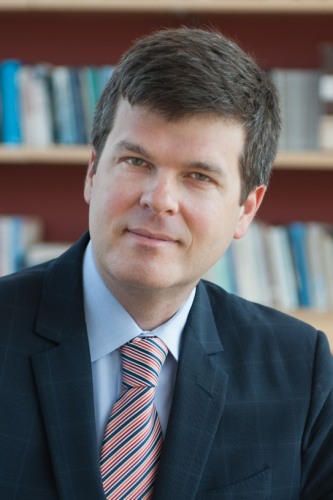
Timothy Edgar
Biography
Timothy H. Edgar is a leading expert on cybersecurity and privacy, with over two decades of experience as a scholar, national security official, and privacy and civil liberties lawyer.
Timothy is a professor of the practice of computer science at Brown University, a senior fellow at the Watson School of International and Public Affairs, and helped launch Brown’s cybersecurity master’s degree program. He also teaches a course in the legal problems of cybersecurity at Harvard Law School, where he is a lecturer on law.
From 2006 to 2013, Timothy served in the intelligence community at the Office of the Director of National Intelligence, which included a detail at the White House (2009-2010) as the first-ever privacy official for the national security staff in a position created by President Barack Obama. He recounts these experiences in his book, Beyond Snowden: Privacy, Mass Surveillance and the Struggle to Reform the NSA (Brookings Institution Press, 2017), winner of the 2018 Chicago-Kent College of Law/Roy C. Palmer Civil Liberties Prize.
Prior to his government service, Timothy served as a legislative counsel for the ACLU, which he joined in 2001 shortly before the 9/11 terrorist attacks. He was a law clerk to Judge Sandra Lynch of the United States Court of Appeals for the First Circuit, and is a graduate of Harvard Law School (1997) and Dartmouth College (1994).
Timothy is a contributing editor to Lawfare and has written for the Wall Street Journal, the Los Angeles Times, the Guardian, Foreign Affairs, and Wired. He is regularly quoted in the national press and has often testified before Congress.